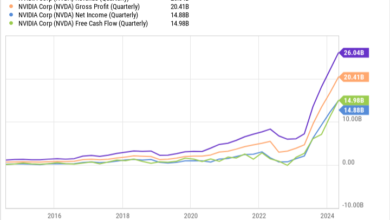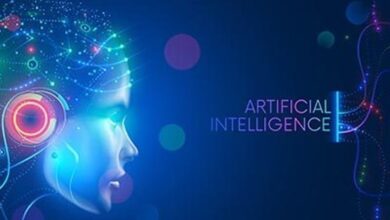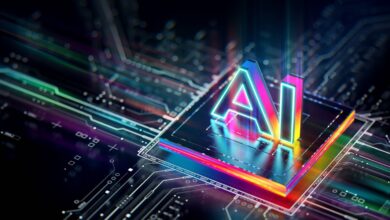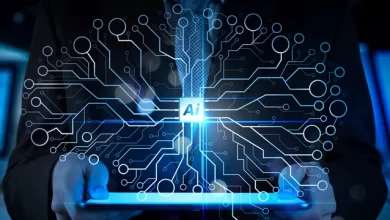Are AI agents the next step in the AI revolution?
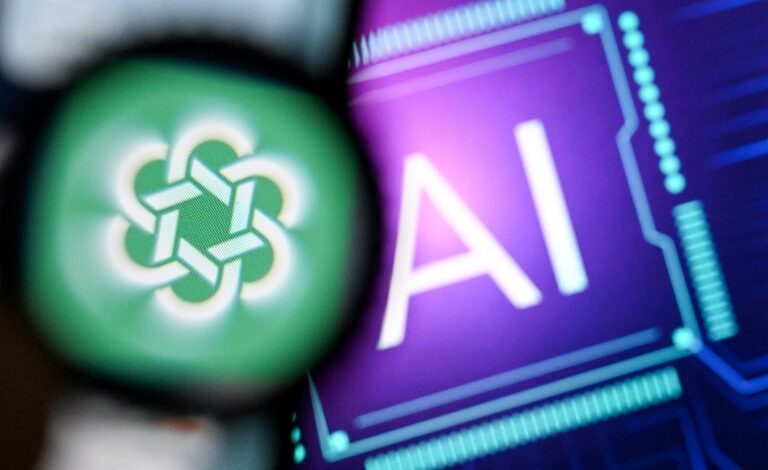
Despite fears of the dangers of artificial intelligence, investors are focusing on the potential rewards of the technology. — © AFP Kirill KUDRYAVTSEV
As we enter the age of AI, we are only at the forefront of what’s possible. This is according to Sam Altman (OpenAI CEO), who sees AI agents as the next step in the evolution of generative AI.
This observation comes after NVIDIA recently announced their plan to develop so-called AI-powered ‘health agents’. These are systems designed to help the healthcare worker shortage and improve patient experience.
Virtual healthcare assistants are types of smart helpers that use AI to make doctors’ and patients’ lives easier.
The aim here is to mitigate widespread staffing shortages and increase access to high-quality care. Whether AI is capable of delivering this will be borne out as the technology unfolds.
Such applications can schedule appointments, answer basic health questions, and remind patients to take their medicine.
Alex Zekoff, Co-Founder and CEO of Thoughtful, a digital process automation company sees AI Agents as the next step in the technological revolution.
Zekoff tells Digital Journal: “In the future, we will see AI transcend current limitations, morphing into what can be best described as ‘Fully human-capable AI Agents.’”
This means, Zekoff predicts: “Imagine a world where AI knows you better than you might know yourself, capable of handling complex tasks without your input.”
So how might artificial intelligence change? Zekoff opines: “The potential for AI to evolve into something that could manage our schedules, make decisions, and even anticipate our needs without being explicitly told is a game-changer. Altman’s belief that no new hardware might be necessary for this leap further stirs the pot, suggesting our existing devices could become even more powerful with AI.“
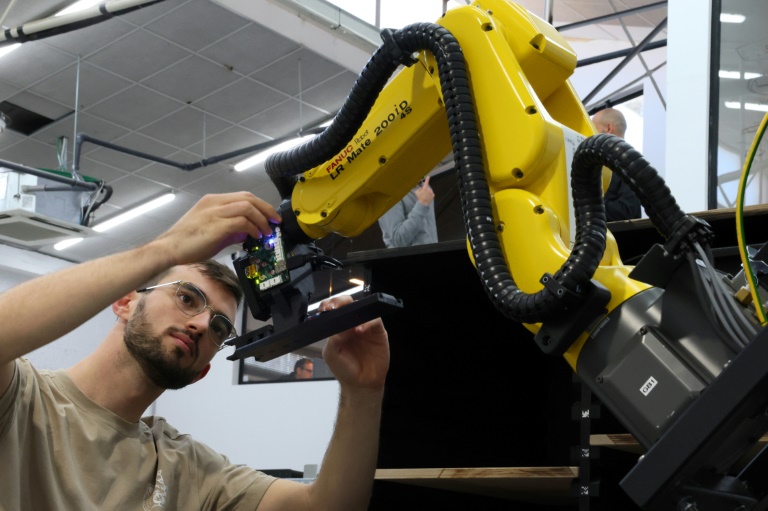
Zekoff thinks we might just be at the point where it is time to question everything we know about AI.
Here he states: “For those passionate about technology, this represents an uncharted territory of opportunities and ethical considerations. How will this shift affect our daily lives, work, and privacy? The conversation around AI’s future is more relevant than ever.”
